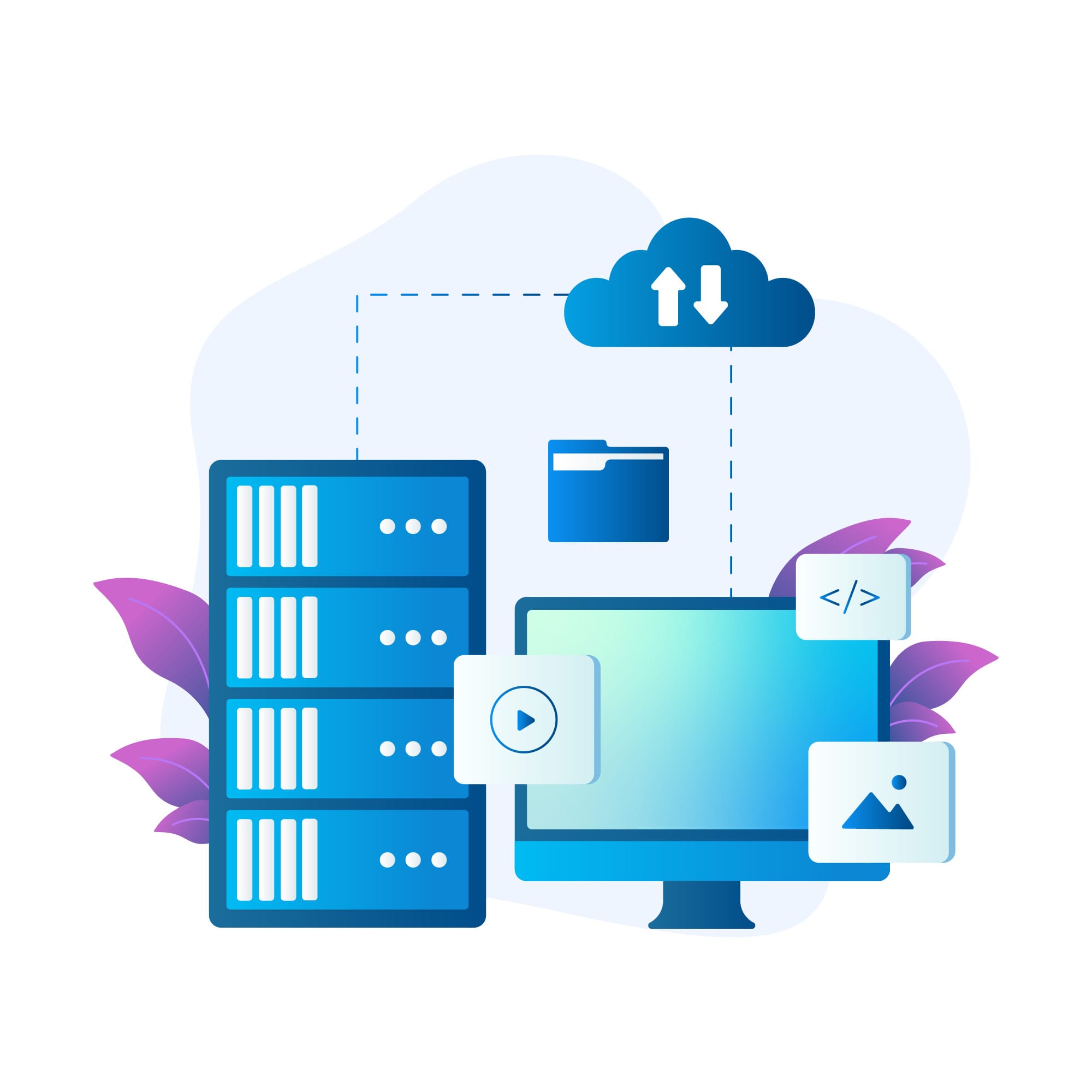Data Archiving and Retention in System Decommissioning

System decommissioning is a critical phase in the lifecycle of any organization’s IT infrastructure. As systems are retired or replaced, the management of data archiving and retention becomes a paramount concern. This blog delves into the complexities of data archiving and retention in system decommissioning, shedding light on best practices, challenges, and the importance of strategic planning in this crucial phase of IT management.
Understanding Data Archiving and Retention
Data archiving involves the process of moving data from active systems to a separate, long-term storage location for preservation and compliance purposes. On the other hand, data retention pertains to the policies and practices governing the duration for which data must be preserved based on regulatory requirements, business needs, and historical significance.
Challenges in System Decommissioning
System decommissioning presents unique challenges when it comes to data archiving and retention. Organizations must navigate through vast amounts of legacy data, diverse data formats, and varying retention requirements. Additionally, ensuring the accessibility, integrity, and security of archived data poses significant logistical and regulatory challenges.
Compliance and Regulatory Considerations
Regulatory compliance is a crucial aspect of data archiving and retention in system decommissioning. Organizations must adhere to industry-specific regulations and data privacy laws, such as GDPR, HIPAA, and SOX, to avoid potential legal repercussions. Compliance requirements directly impact the duration and methods of data retention, necessitating meticulous planning and execution.
Risk Management and Data Security
Effective data archiving and retention strategies in system decommissioning must prioritize risk management and data security. Safeguarding archived data from unauthorized access, data breaches, and corruption is paramount. Encryption, access controls, and regular data integrity checks are essential components of a robust data security framework.
Legacy Data Migration and Accessibility
Legacy data migration is a critical aspect of system decommissioning, requiring seamless transfer of archived data to modern storage systems or platforms. Ensuring the accessibility and usability of archived data, especially as technology evolves, is a fundamental consideration. Compatibility with future systems and applications is essential to prevent data obsolescence.
Long-Term Preservation and Retrieval
The long-term preservation of archived data is a strategic imperative in system decommissioning. Organizations must establish protocols for periodic data verification, migration, and retrieval to ensure the integrity and authenticity of archived data over time. Implementing comprehensive data lifecycle management practices is crucial for sustained data preservation.
Strategic Planning and Governance
Strategic planning and governance are foundational to successful data archiving and retention in system decommissioning. Organizations must develop clear policies, procedures, and governance frameworks to guide the entire process. Effective stakeholder communication, risk assessments, and collaboration between IT, legal, and compliance teams are essential for cohesive execution.
In conclusion, data archiving and retention in system decommissioning are multifaceted endeavors that demand meticulous planning, adherence to compliance requirements, and a proactive approach to data management. By prioritizing compliance, risk management, accessibility, and long-term preservation, organizations can navigate the complexities of system decommissioning with confidence, ensuring the seamless transition of archived data while mitigating potential risks and legal implications.
#AvenDATA #ITDecommissioning #systemdecommissioning #decommissioning #legacydata




